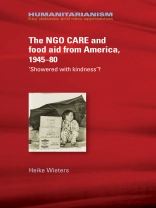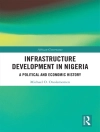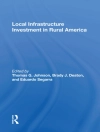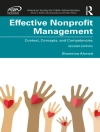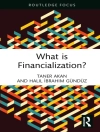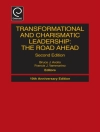This book provides a historical account of the NGO CARE as one of the largest humanitarian NGOs worldwide from 1945 to 1980. Readers interested in international relations and humanitarian hunger prevention are provided with fascinating insights into the economic and business related aspects of Western non-governmental politics, fundraising and philanthropic giving in this field. Not only does the book contributes to ongoing research about the rise of NGOs in the international realm, it also offers very rich empirical material on the political implications of private and governmental international aid in a world marked by the order of the Cold War, decolonialization processes and the struggle of so called “Third World Countries” to catch up with modern Western consumer societies.
Tabela de Conteúdo
Introduction
1 Setting up a non-profit enterprise (1945–7)
2 From Europe to Asia and beyond (1948–55)
3 In search of a new mission in Korea
4 New cooperative horizons (1955–61)
5 Food aid and private-public cooperation in Egypt
6 From American relief to international development cooperation (1961–8)
7 CARE and the Peace Corps
8 Towards multinational enterprise (1969–80)
Conclusion
Index
Sobre o autor
Heike Wieters is associate professor for Historical Research on Europe and European Integration at the Department of History at Humboldt-Universität zu Berlin, Germany
